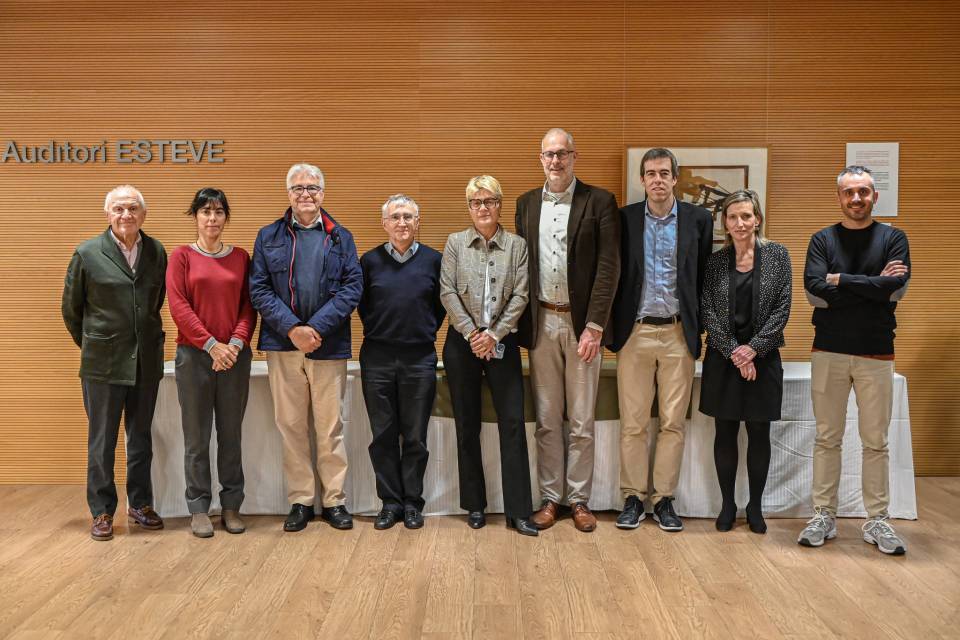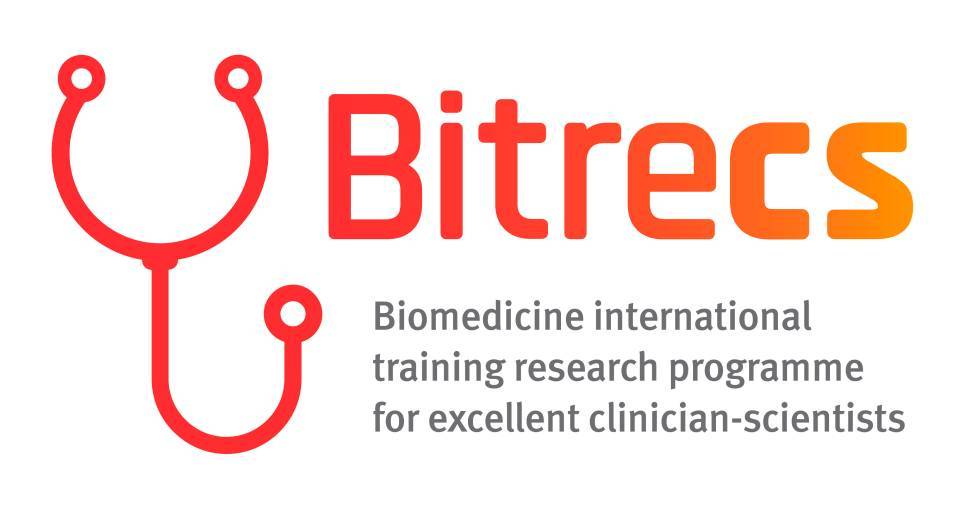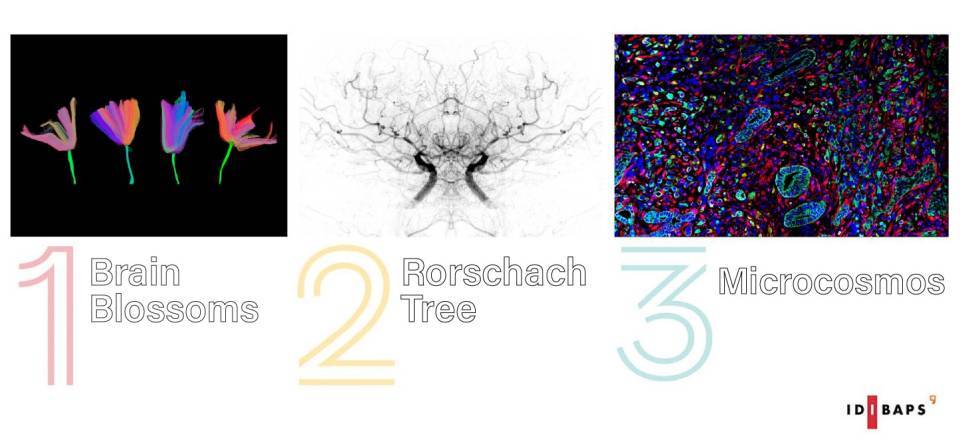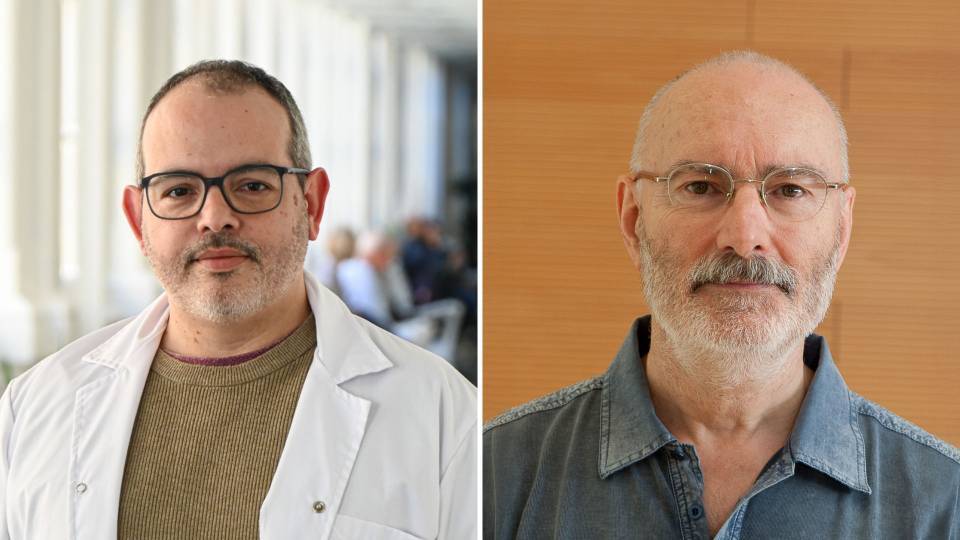The CERCA Institution is an organisation attached to the Generalitat that brings together 42 research centres in Catalonia. Among other tasks, it coordinates the periodic assessment of the research centres that form part of it with the aim of analysing their fulfilment of the mission entrusted to them. The assessment is carried out by a panel of independent experts and is developed under the principles of quality, transparency and objectivity. The scores range from D (lowest) to A (highest). For CERCA, “the periodic assessment of the activity and functioning of any system is an essential mechanism for defining and implementing policies based on strategic planning”.
In 2024, IDIBAPS was again subjected to periodic assessment. At the end of November, it received a visit from the assessment committee (AC), made up of:
- Lisardo Boscá, CSIC Research Professor at Sols-Morreale Institute of Biomedical Research, Madrid
- Anne Jouvenceau, Coordinator of the Strategy for the Acceleration in Biotherapy and Bioproduction in Innovative Therapies, Health Innovation Agency, France
- Koen Verhoef, Head of Knowledge Transfer and Contracting at the Netherlands Cancer Institute
- José María Mato, General Director at CIC-bioGUNE, Bilbao
They were accompanied by Toni Bassaganyas-Bars and Núria Benítez, from CERCA.
In mid-March of this year, CERCA sent IDIBAPS the report of the AC, which decided to grant IDIBAPS the highest qualification, A. For Elías Campo, director of IDIBAPS, “receiving the highest qualification is a great satisfaction and is a recognition of the endeavour and work well done by all the professionals who form part of IDIBAPS”. This recognition will also lead to an increase in the basic economic contribution that the Generalitat makes to IDIBAPS, which currently stands at around seven million euros per year.
The committee highlights that IDIBAPS has made considerable progress with respect to the previous assessment period and that all the recommendations made then have been taken seriously and actions have been taken to address them. Among others, the AC values very positively its evolution in the incorporation of international talent in the last 4 years, its initiatives to facilitate interdisciplinary collaborations, the innovation activity developed by the Knowledge and Technology Transfer Office (KTT), and the offering of internal activities and training opportunities for research staff. It also considers that the merger between the FCRB and IDIBAPS has been conducted smoothly and has provided a beneficial administrative simplification.
Some aspects to work on for the future are raising visibility of the IDIBAPS brand, increasing the number of independent clinical trials initiated by IDIBAPS researchers, and the promotion and obtaining of prestigious European projects and grants, although, in relation to this latter point, the AC recognises the good results achieved in recent years.
The report concludes that “IDIBAPS has performed well during the assessment period and that the progress achieved since the previous assessment is very clear”, as well as strongly encouraging the institute to “continue with the excellent work during the next assessment period”.




